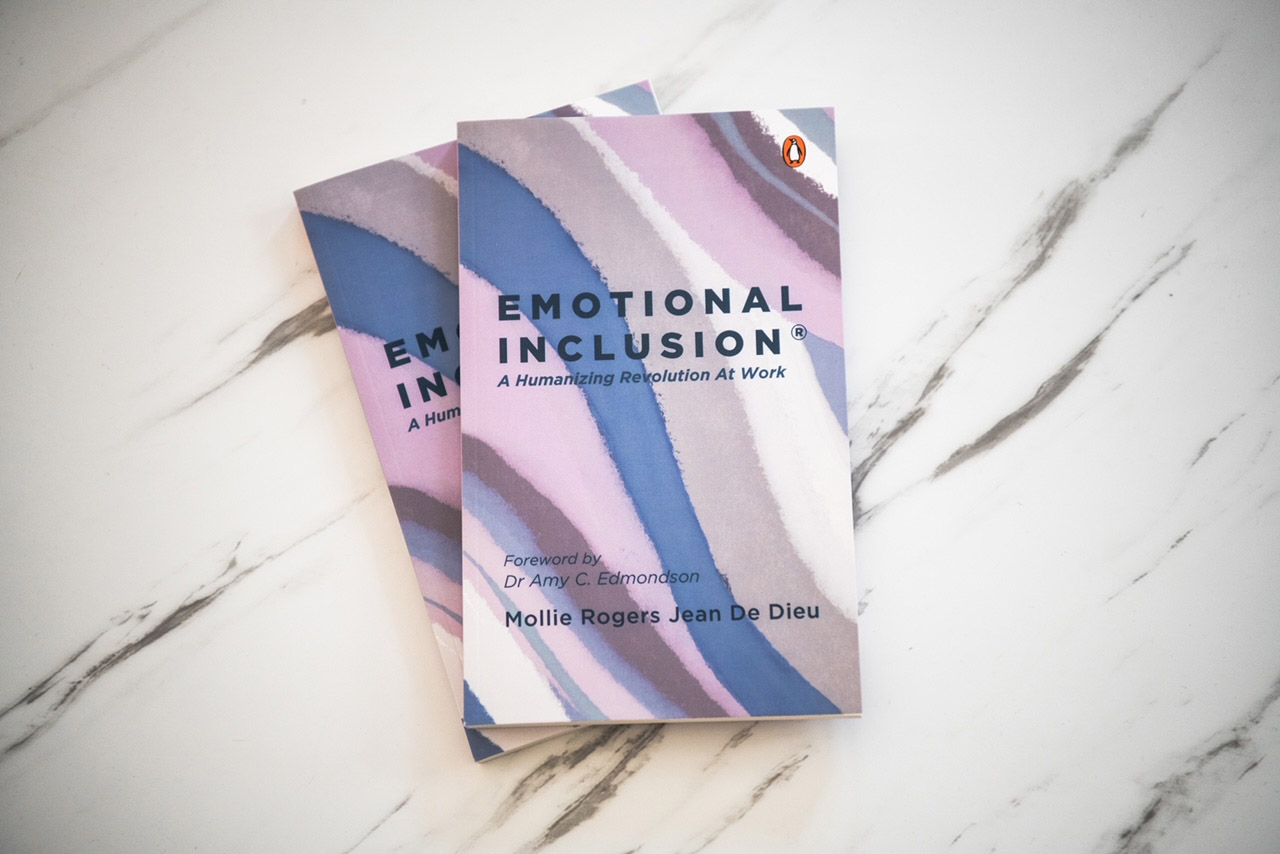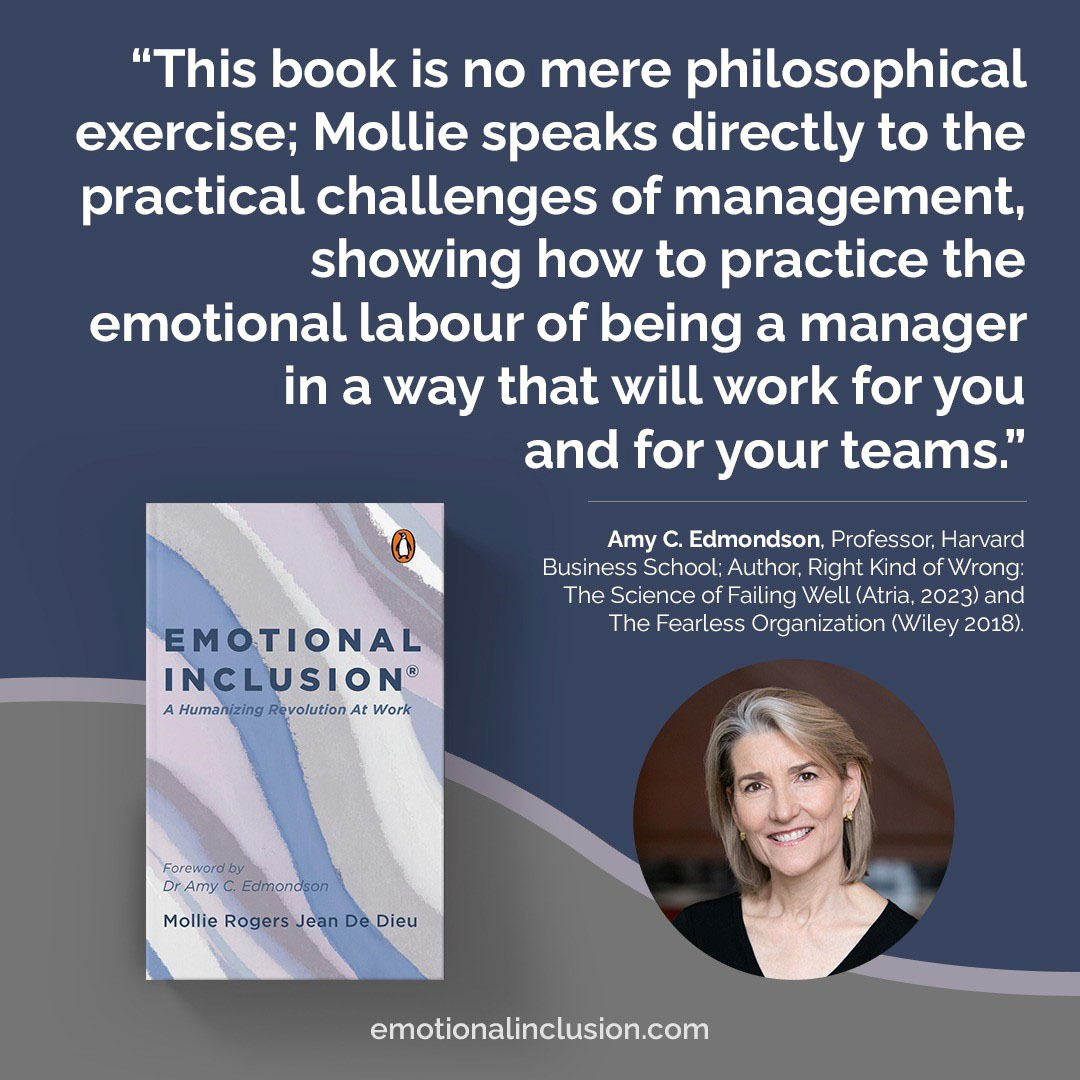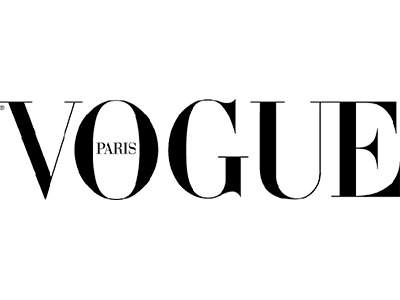
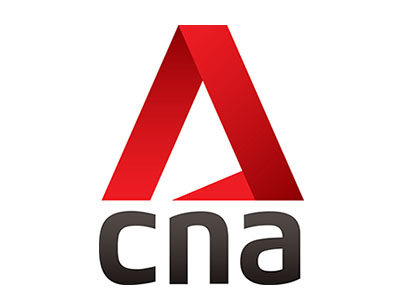
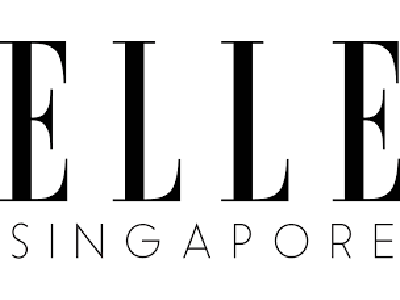
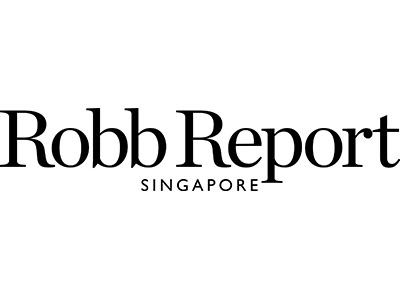

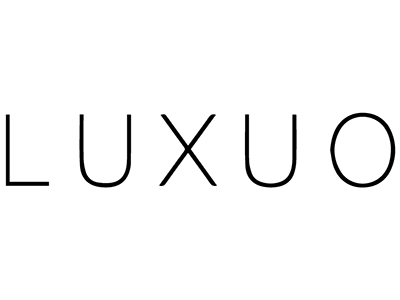
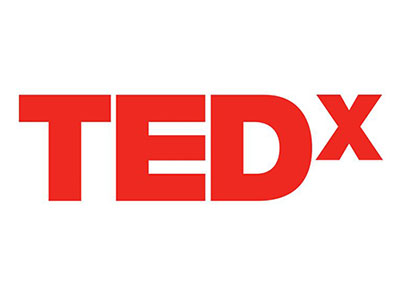
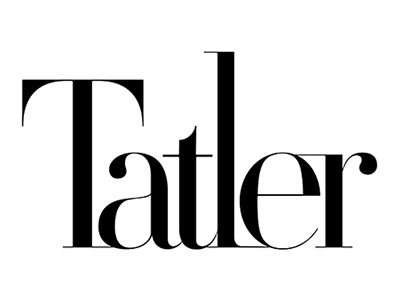
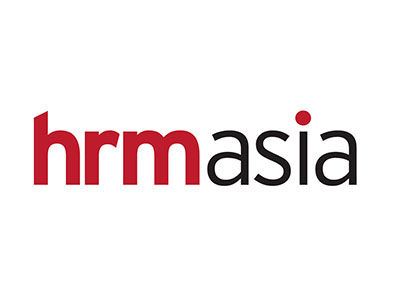
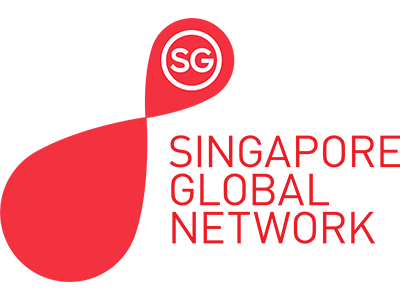










What is “Emotional Inclusion®”?
Whilst Emotional Intelligence (EI) is all about the knowing of how to navigate our emotions and the emotions of the people we interact with, Emotional Inclusion (Ei) is all about the doing. The doing of providing tailored mental health care to each company while respecting their organisational DNA. Emotional inclusion is the action of prioritising the psychological needs of our workforce through a tailored medical lens and program, thereby anchoring a mental health pillar within organisational culture to achieve sustainable change and growth long term.
Emotional Inclusion®?
A human right & a core value
It goes beyond traditional DEIB strategies, by focusing on emotional and mental well-being.
It aims to shift workplace culture, proving that prioritizing emotional health over productivity is not only humane but also a smart business strategy.
Inclusion is a verb. Being emotionally inclusive of each other’s realm is something we need to DO.
What is “Emotional Inclusion®”?
EMOTIONAL INTELLIGENCE (EI) is all about the KNOWING
of how to navigate our emotions and the emotions of the people we interact with.
EMOTIONAL INCLUSION® (Ei) is all about the DOING
of prioritizing the psychological needs of our workforce by anchoring emotional wellness pillars as living entities of workplace culture.
of providing tailored, sustainable, and regenerative medicalized emotional health care to each company while respecting their organizational DNA.
Companies
To instil a wellness support mind-set and platform, in which employee...
Employers
To positively impact company wellness culture, break the stigma around...
Employees
To voice out emotions in a safe contextual work environment to breed...
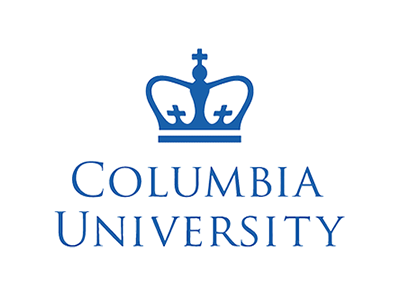




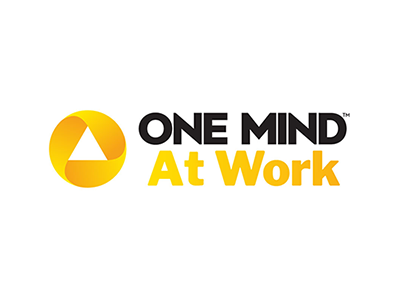










































TESTIMONIALS
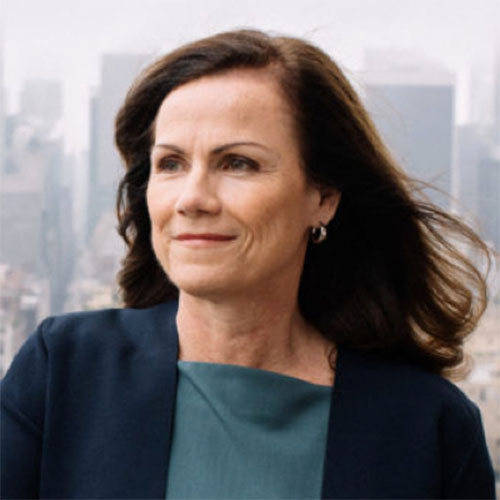
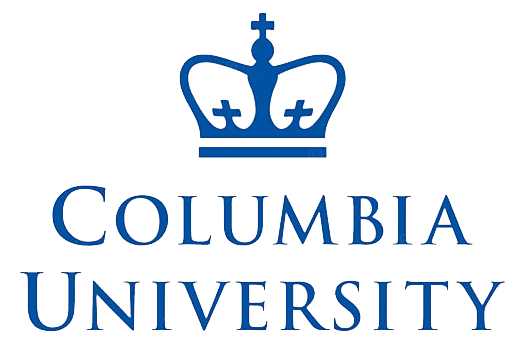






























































































THE BOOK
Founder of Emotional Inclusion®, keynote speaker and facilitator and now author, Mollie Rogers Jean De Dieu advocates for emotional wellness in the workforce, focusing on being ‘human’ and ‘emotionally inclusive’ in her new book, Emotional Inclusion®: A Humanizing Revolution at Work with a foreword by Dr Amy C. Edmondson, Novartis Professor of Leadership and Management, Harvard Business School.
THE IMPORTANCE OF EMOTIONAL INCLUSION®
The COVID-19 pandemic has marked a historical turning point, moving emotional wellness up the list of global health priorities. As countries struggle to rebuild their damaged economies and companies wrestle to recover their losses, they must accept the reality of the financial toll of mental ill-health and invest wisely now.
Well-being at work is no longer a ‘nice to have’ option but a strategic priority to drive the global economy. On the job, accidents and illnesses annually take some two million lives and cost the global economy an estimated US$1.25 trillion. Yet, this pales in comparison to mental ‘ill-health’, which was estimated to cost the world economy approximately US$2.5 trillion per year in reduced productivity in 2010, a cost projected to rise to US$6 trillion by 2030 Emotional inclusion calls for a tailored, internal, medicalized, sustainable, regenerative and action-driven organizational approach to create workplace ecosystems where successful retention, engagement, proactivity, recruitment and positive bottom lines become the new status quo.
It calls on creating the right workplace infrastructure that allows all employees to be humans at work. When we invest in our people, we invest in our business too.
50% or Half of the world’s population will experience a mental health disorder throughout their lifetime (Lancet Psychiatry, 2023)
62% of employees are disengaged (Gallup State Of the Global Workforce Report, 2024)
55% of CEOs Have Experienced a Mental Health Issue in the past 12 months (Businessolver State of Workplace Empathy Report, 2024)
75% of the working population have experienced at least one mind health issue due to their work environment (AXA Mind Health Report, 2024)
49% of Singaporeans reported feeling depressed to the point that they felt sad or hopeless almost every day for weeks at a time, (Ipsos World Mental Health Day 2023 Report, 2023)
48% of workers and 53% of managers admit they are burned out at work (DeLoitte Global Millennial and Gen Z Survey, 2024)
The Founder
Mollie Rogers Jean De Dieu is the General Manager of the French fashion and accessory company, Longchamp, in Singapore & Malaysia, a keynote speaker and the founder of the ‘Emotional Inclusion®’ in the workforce company. A passionate advocate for humanizing the workforce, Mollie’s focus is to specifically look at a new paradigm of leadership, in the corporate realm, that requires companies to prioritize emotional and psychological needs through a tailored and sustainable medical lens.
Over her two decade long career in the fashion industry and listening to hundreds of stories of people who have navigated work whilst facing the ‘perfect storm’, Mollie realized the ‘realness’ of the subject matter and the urgent need to advocate a safe platform in the corporate world, where emotions can be heard, recognized and dealt with, for an enhanced business productivity. Mollie’s work draws on the latest research in positive and behavioral psychology, leadership development and organizational change. The Emotional Inclusion Program has shown measurable improvement in leadership effectiveness, emotional inclusion, psychological corporate safety, team performance and employee wellbeing.
...
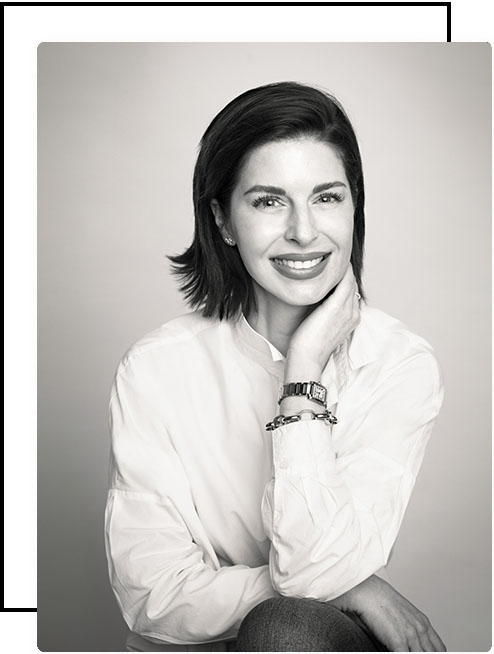
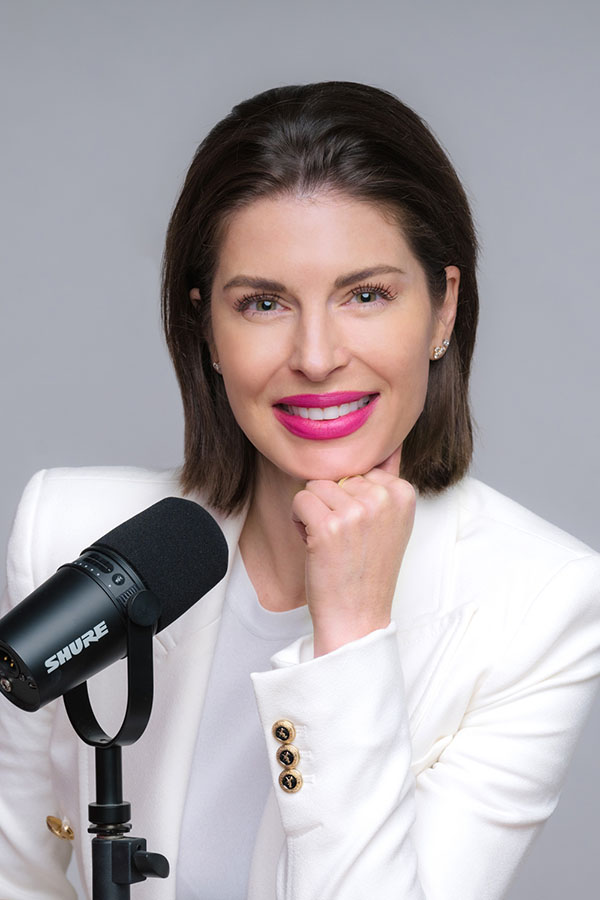
Speaker
LET’S TALK ABOUT
EMOTIONAL INCLUSION®
The emotional health of our employees is the very foundation of organisational success! Let's action upon it and talk!
Mollie’s keynote on Emotional Inclusion® shares how to:
- Define the coined term.
- Break down archaic business stereotypes.
- Lead the way to an emotionally inclusive corporate ecosystem.
- Connect to our humanness.
- Understand that Inclusion is an Action.
- Pave the way to new emotionally inclusive era.
Talks
Talking about emotional inclusion can feel tricky at best for some and terrifying at worst, for others. And it becomes a vicious cycle — the less people talk about it at work, the more the stigma grows. To break this cycle, Mollie chooses to address the issue proactively, strategically, and thoughtfully with organisations, big and small to make emotional inclusion in the workforce, the new norm.
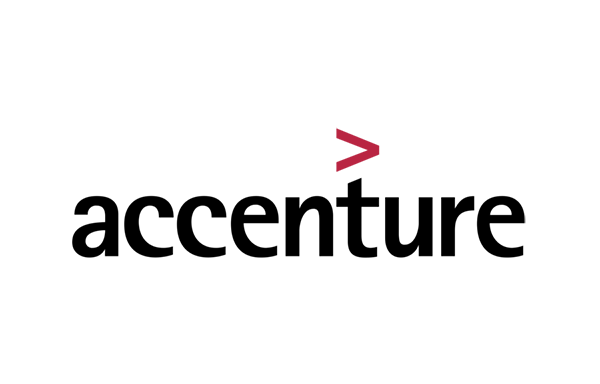
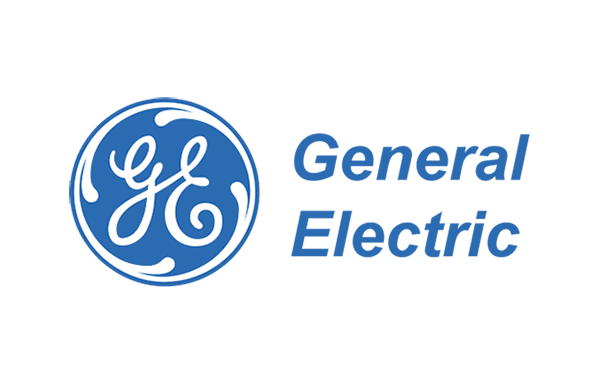
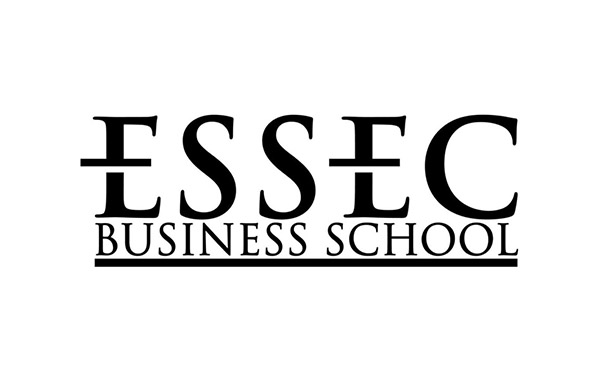
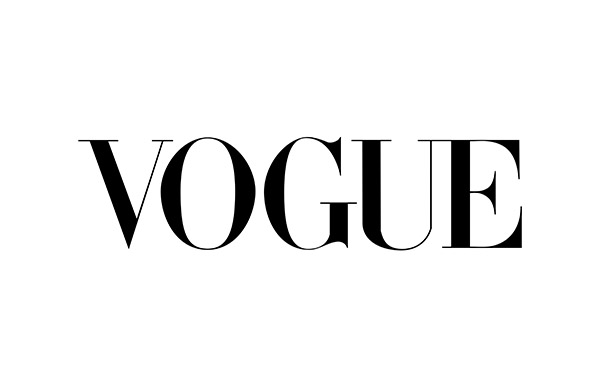
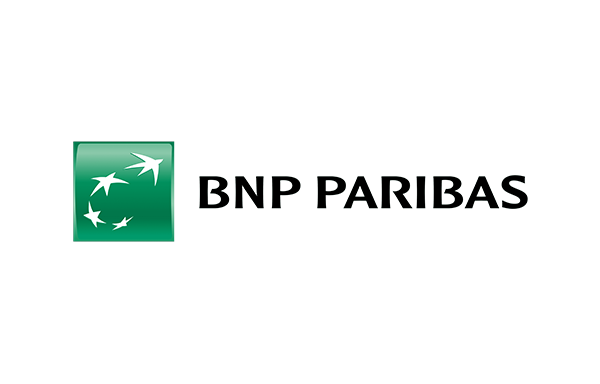
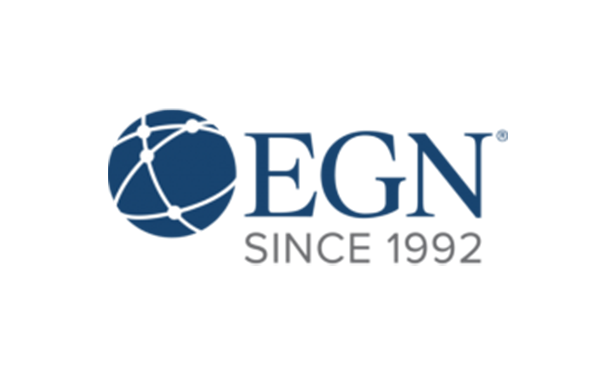

Emotions Power Performance: Neuroscience with Paul Rochon

Engineering Emotional Inclusion


